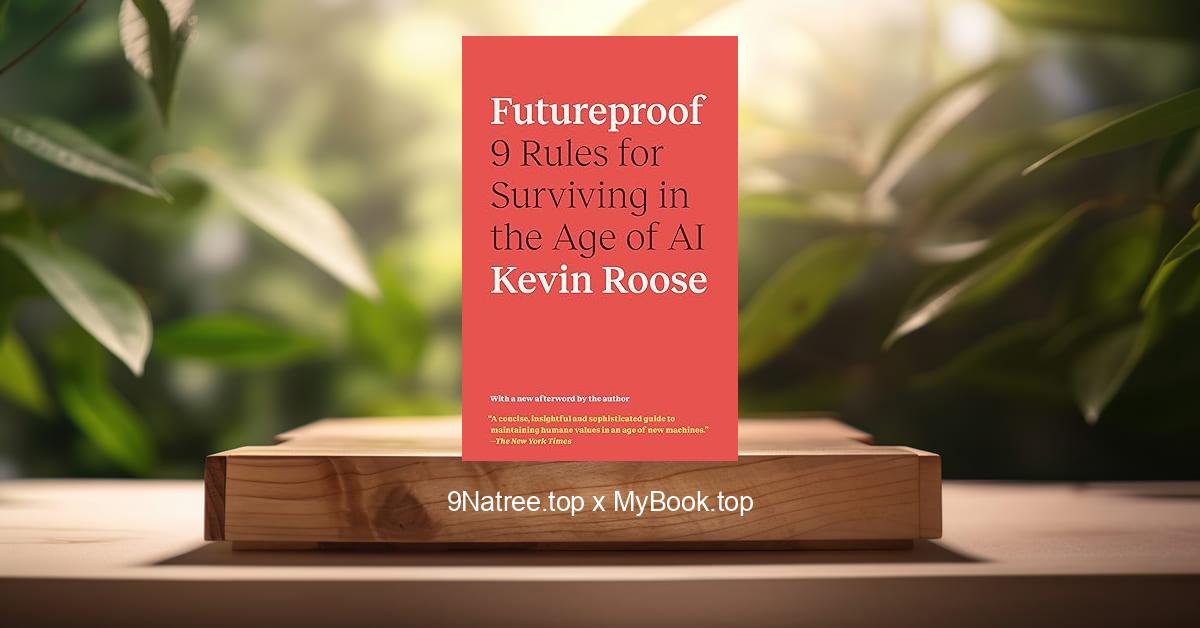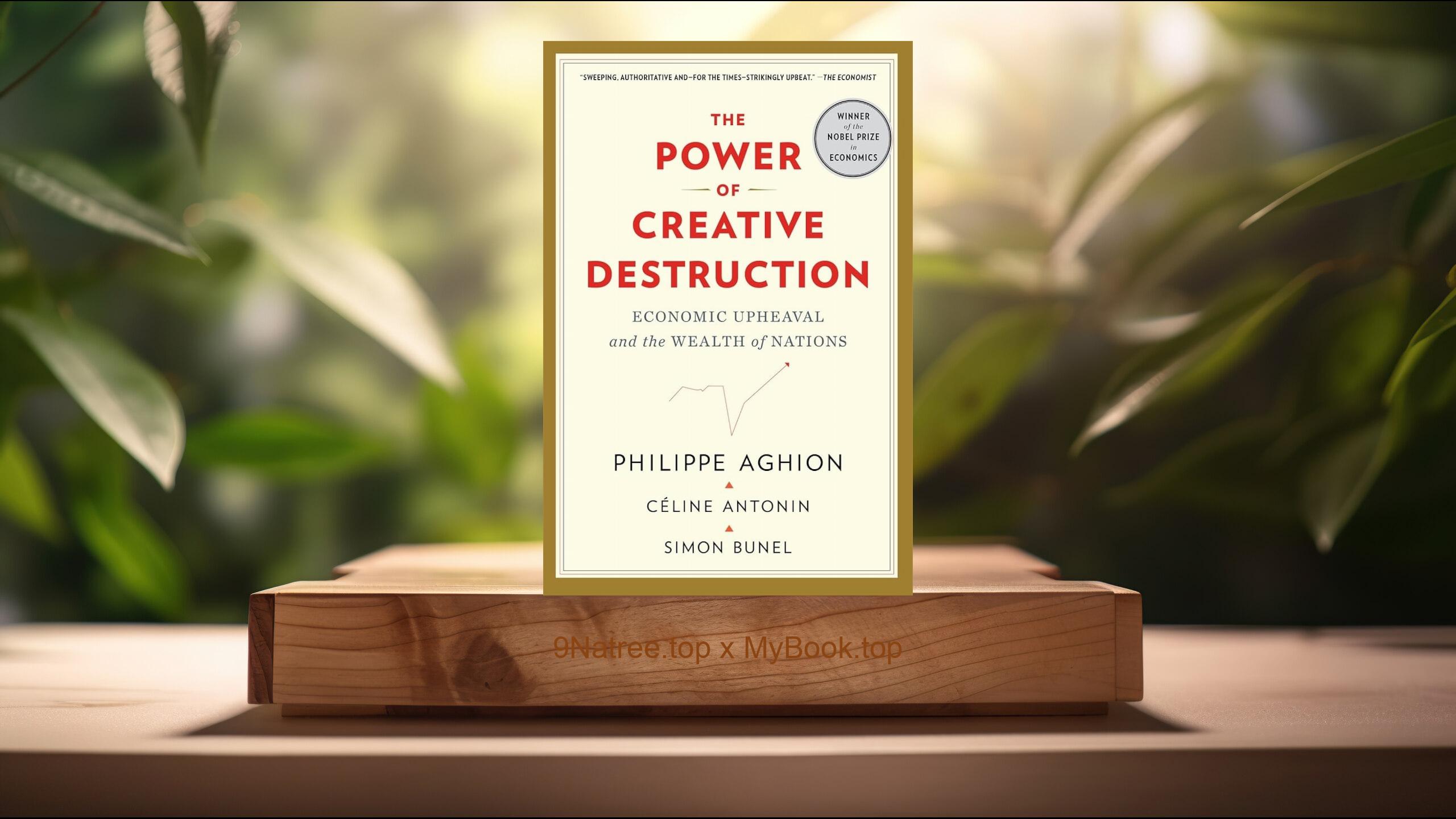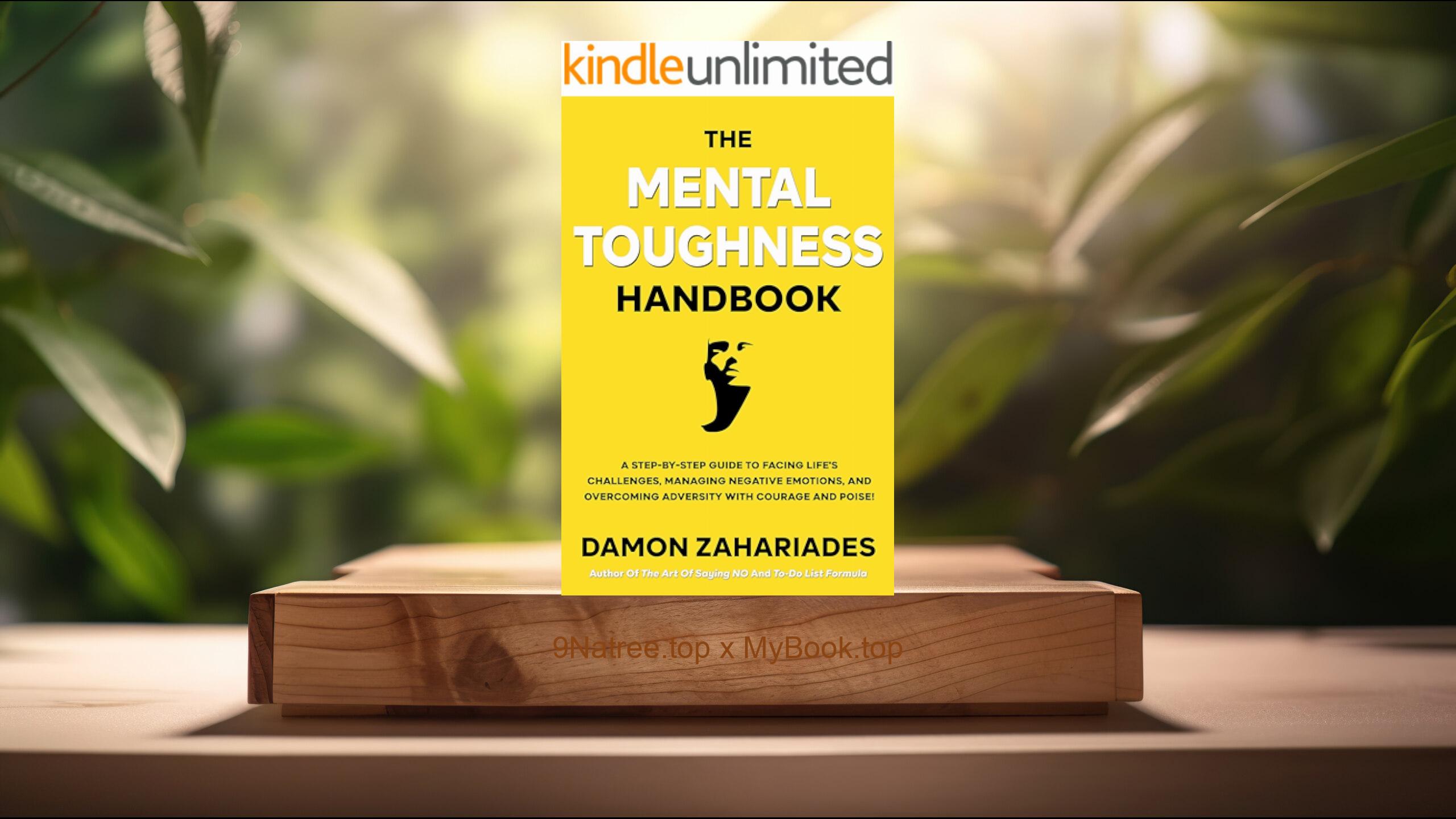Show Notes
Buy on Amazon: https://www.amazon.com/dp/B00AK9IXXM?tag=9natree-20
Read more: https://mybook.top/read/B00AK9IXXM/
#digitaltransformation #cybereconomies #personalsovereignty #declineofnationstates #informationtechnology #financialautonomy #cryptocurrencies
These are takeaways from this book.
Firstly, The Impact of Information Technology on Sovereignty, Davidson's thesis centers around the profound impact of information technology on personal and national sovereignty. With the digital revolution, the barriers to information access are dismantled, leading to a more distributed form of knowledge. He argues that this democratization of information decentralizes power, shifting it from state apparatuses to individuals. The Internet, cryptography, and cyber-economies are seen as tools that will erode the authority of traditional nation-states by providing alternatives to their core functions, such as issuing currency and enforcing laws. Davidson posits that as individuals gain more control over their economic transactions and information, they will also gain the power to 'opt-out' of traditional state systems, choosing instead to participate in a global digital economy that respects their sovereignty on a personal level.
Secondly, The Rise of Cyber-Economies, A key theme of The Sovereign Individual is the emergence of cyber-economies. Davidson delves into the notion of digital currencies and online marketplaces that operate independently of state-regulated financial systems. This evolution represents a paradigm shift from physical to digital assets, where wealth is not bounded by national borders or government regulations. He forecasts the rise of cryptocurrencies (though not by name, given the book's publishing date) and blockchain technology as mechanisms that facilitate this transition. The autonomy of digital transactions, coupled with the anonymity provided by cryptographic methods, empowers individuals to manage their wealth in unprecedented ways. This shift not only challenges the fiscal authority of states but also prompts a reevaluation of wealth creation and management in the information age.
Thirdly, The Decline of Nation-states, Davidson offers a thought-provoking analysis on the decline of nation-states in the face of technological progress. The book argues that as information technology empowers individuals and cyber-economies, the traditional model of the nation-state, built on territorial sovereignty and control over economic affairs, becomes obsolete. He predicts a world where jurisdictional competition for tax and regulatory havens will intensify, as individuals and businesses can more freely choose their domicile based on the most favorable legal environments. This, in turn, will erode the ability of nation-states to impose high taxes and tight regulations, leading to a 'race to the bottom' in a bid to attract talent and capital. The implications of this shift are vast, including a potential decrease in global conflicts, as the incentives for territorial conquest diminish.
Fourthly, Personal Sovereignty and Self-Reliance, Central to Davidson's vision is the concept of personal sovereignty. In a world where individuals can operate globally without the need for traditional state intermediaries, the sovereignty traditionally reserved for states begins to transition to the individual. This shift requires a significant transformation in how people view their roles in society. The book advocates for self-reliance and personal responsibility, encouraging individuals to leverage technology to create their destinies. This includes developing a mindset that is adaptable, forward-looking, and innovative, capable of navigating the complexities of digital economies. Davidson suggests that the most successful people in the information age will be those who can harness the power of information technology to build wealth, community, and personal freedom, independent of state-imposed limitations.
Lastly, Preparing for the Transition, Finally, Davidson provides insight into how individuals and organizations can prepare for the transition to the information age. He outlines strategies for leveraging technology to enhance personal sovereignty, from investing in digital assets to adopting security practices that protect personal information from state surveillance. Education plays a crucial role in this process, as individuals must become digitally literate to navigate the new landscape effectively. The book encourages a proactive approach to personal and financial planning, emphasizing the importance of understanding the emerging technologies and regulatory landscapes. By preparing for the shifts outlined in the book, individuals can position themselves to thrive in a world where their success and sovereignty are largely dependent on their ability to adapt to and master the digital realm.
In conclusion, The Sovereign Individual: Mastering the Transition to the Information Age is a compelling read for anyone interested in understanding the profound impact of technology on society, economy, and personal freedom. It is particularly relevant for entrepreneurs, tech enthusiasts, and policymakers who are navigating the complexities of the digital era. James Dale Davidson's insights provide a valuable framework for envisioning the future of personal sovereignty in a world increasingly governed by information technology. By addressing the challenges and opportunities presented by the digital age, the book encourages readers to embrace change, seek autonomy, and cultivate the skills necessary for success in the evolving global landscape. Ultimately, The Sovereign Individual serves as both a warning and a guide for those willing to adapt and thrive in the information age, making it a critical addition to the libraries of forward-thinking individuals across the globe.
![[Review] The Sovereign Individual: Mastering the Transition to the Information Age (James Dale Davidson) Summarized](https://episodes.castos.com/660078c6833215-59505987/images/1699833/c1a-085k3-dd776n0zf3m4-qh1mft.jpg)




